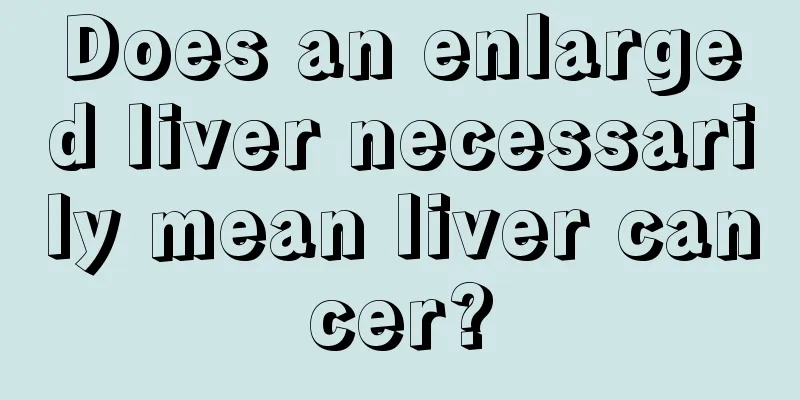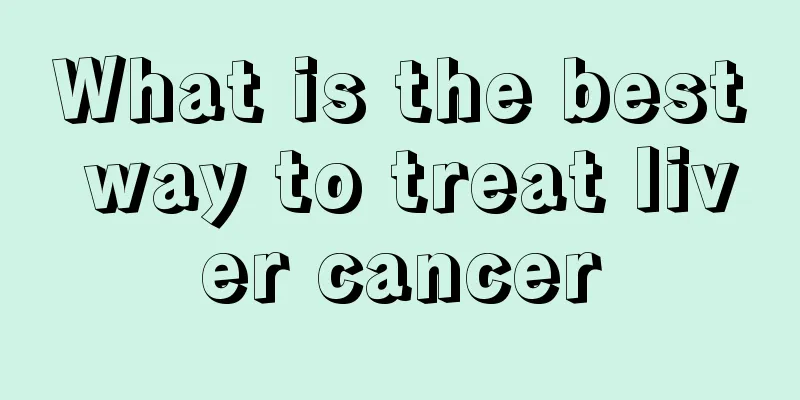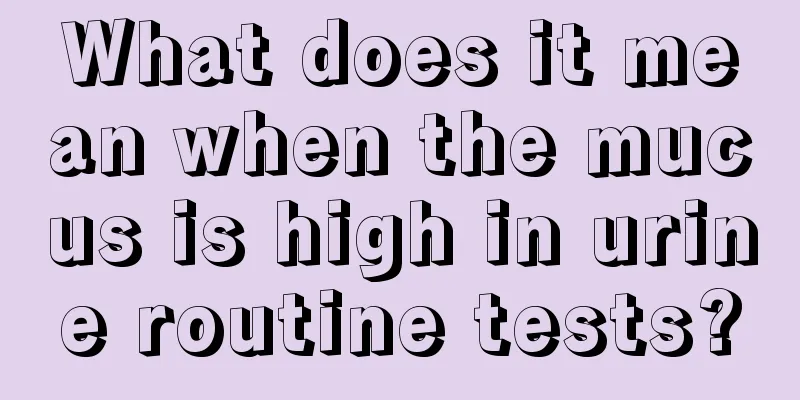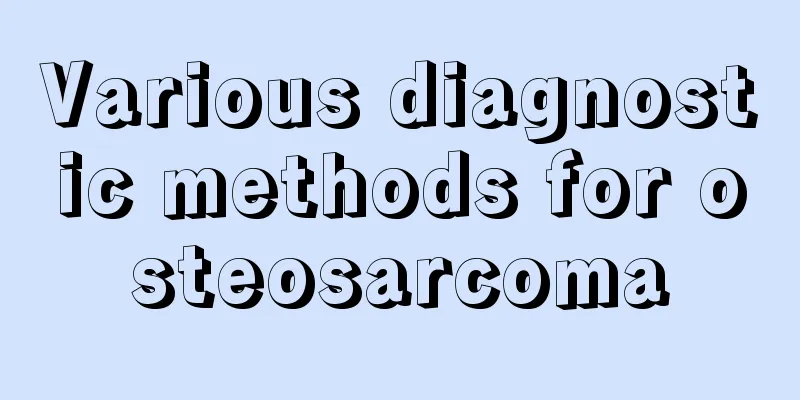What is the treatment for sinus tachycardia
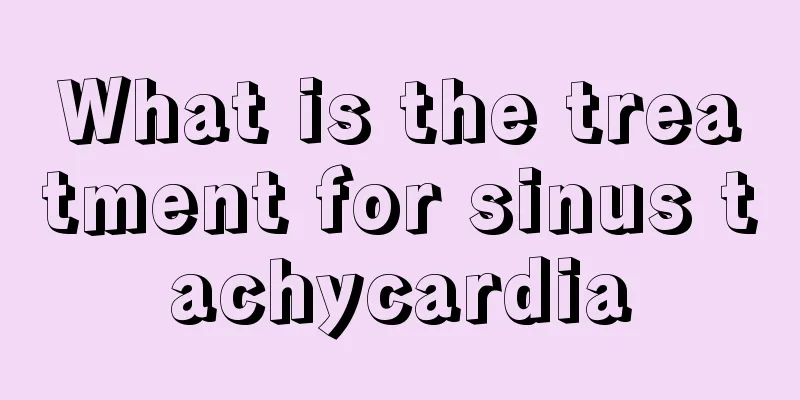
|
Sinus tachycardia can cause symptoms such as dizziness, blurred vision, fatigue, palpitations, or may induce other arrhythmias or angina pectoris. There are two major factors that cause sinus tachycardia: physiological factors and pathological factors. Physiological factors such as emotional excitement, excessive fatigue, or when the patient has diseases such as acute myocarditis and hyperthyroidism can cause sinus tachycardia. Treatment should be symptomatic according to the cause. Principles of treatment for sinus tachycardia In adults, when the heart rhythm controlled by the sinoatrial node exceeds 100 beats per minute, it is called sinus tachycardia. This is the most common type of tachycardia, and its occurrence is often related to sympathetic nerve excitement and decreased vagal nerve tone. It is not a primary arrhythmia and can be caused by a variety of reasons. Under physiological conditions, it can be caused by exercise, anxiety, and emotional excitement, or it can occur after the use of drugs such as epinephrine and isoproterenol. It is very likely to occur in patients with fever, hypovolemia, anemia, hyperthyroidism, respiratory insufficiency, hypoxemia, hypokalemia, heart failure or other heart diseases. The disease can be cured after controlling the primary lesion or inducing factors, but it is prone to relapse. The treatment of this disease should follow the following principles: (1) Eliminate the cause and treat the primary disease. (2) Treat the symptoms accordingly. Drug treatment for sinus tachycardia (1) Most cases caused by physiological or extracardiac factors do not require special treatment. The treatment of sinus tachycardia should focus on treating the primary disease, supplemented by symptomatic treatment when necessary. For sinus tachycardia caused by congestive heart failure, digitalis preparations, diuretics and vasodilators can be used. Correction of sinus tachycardia is often used as one of the indicators for controlling left heart failure. (2) In the treatment of sinus tachycardia not caused by heart failure, such as sinus tachycardia caused by hyperthyroidism, the use of digitalis cannot slow the heart rate. Note: Digitalis overdose can also cause sinus tachycardia. For patients with sinus tachycardia caused mainly by sympathetic nerve excitement and increased catecholamines, beta-blockers, sedatives, etc. can be used. (3) For the treatment of patients with acute myocardial infarction, when there is no obvious heart failure and the sinus rate is continuously >110 beats/minute, a small dose of beta-blockers such as oral atenolol or calcium antagonists such as oral diltiazem can be temporarily tried to slow down the heart rate. If necessary, the drug can be taken once every 8 to 12 hours. Sinus tachycardia secondary to left heart failure should be treated primarily for heart failure. |
<<: What is sinus tachycardia with arrhythmia
>>: What is ventricular septal defect and pulmonary hypertension?
Recommend
What are the symptoms of branchial cleft cyst?
Many friends actually don’t know where the gill c...
What should I do if I have a mole on the sole of my foot?
There are more and more people with bad teeth in ...
What does a spoiled Zongzi look like
When people choose rice dumplings, they need to l...
How can liver cancer be diagnosed more accurately? Pay attention to two aspects when diagnosing liver cancer
1. Medical diagnosis 1. Nuclear Magnetic Resonanc...
What causes acne on the face?
There are many reasons for facial acne, such as e...
What are the symptoms of diabetic vascular disease?
Patients with diabetes will actually develop many...
In what situations should we be doubly vigilant against laryngeal cancer?
Laryngeal cancer is one of the common malignant t...
What to do if you get angry in winter, what to eat
It is very common to get a sore throat in winter....
What bacteria are beneficial to humans
When it comes to the word bacteria, many people m...
Choose a hospital to treat rectal cancer
With the rapid speed of media communication, the ...
What are the four items for gastric cancer screening
The four items of gastric cancer screening includ...
Will kidney deficiency cause spots?
There are actually many symptoms for kidney defic...
Difficulty urinating? Be careful of prostate cancer
In the early stages of prostate cancer, there are...
How long after getting a face-lift injection can I put on makeup
After getting a face-slimming injection, there ar...
Nasopharyngeal angiofibroma is common in
Nasopharyngeal angiofibroma is common in adolesce...
